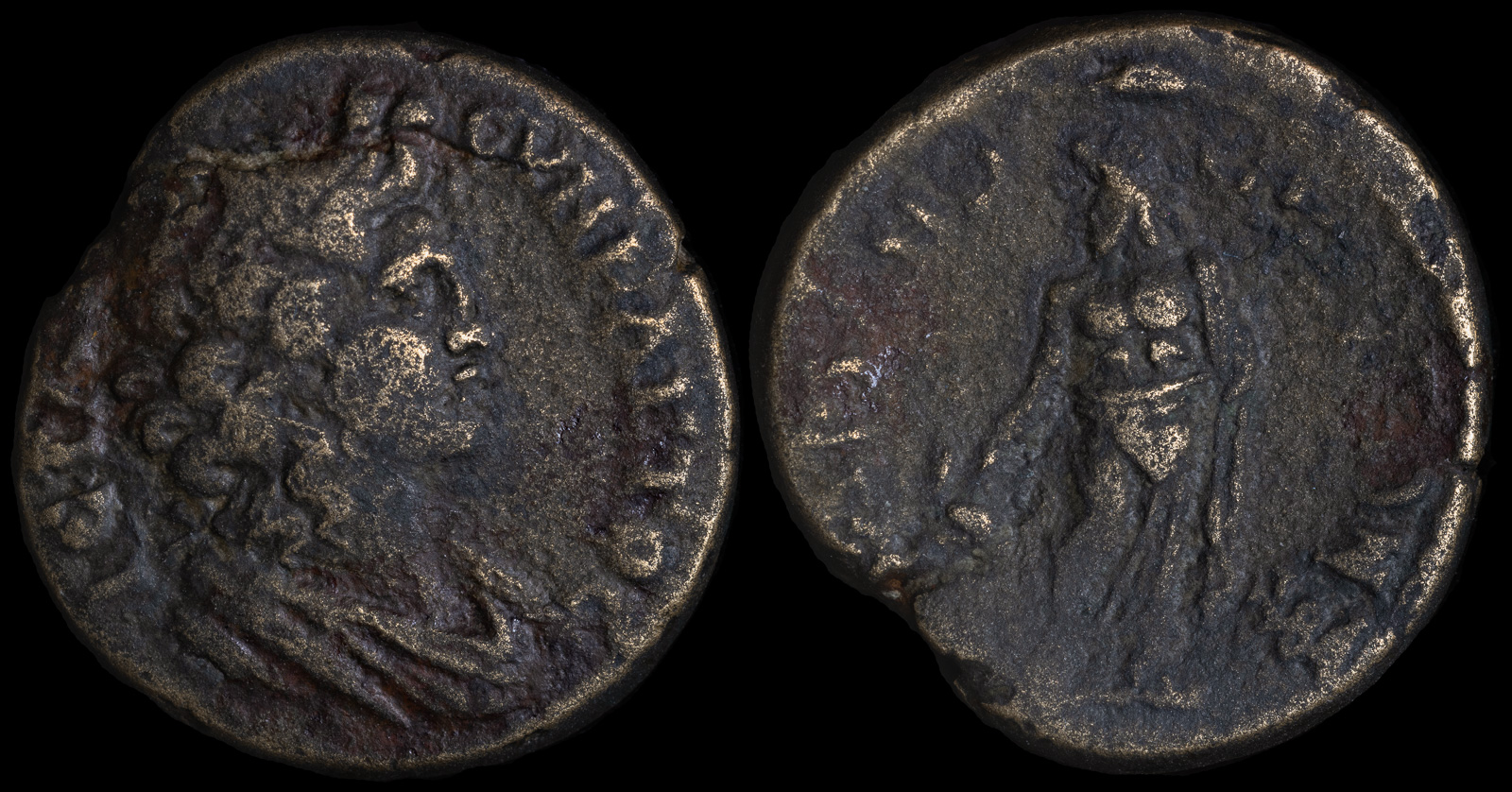Senate
View All Tags
During the Roman Republic, the Senate’s power and authority grew, despite the fact that it was never a legislative body in the modern sense. Senators were typically elected from the ranks of the aristocracy, and the body itself was primarily composed of former magistrates who had held high office. While the Senate did not enact laws (that role fell to elected assemblies), it controlled financial matters, foreign policy, military decisions, and the allocation of resources. Its influence over Rome’s political and military activities made it an essential governing body, though it shared power with elected magistrates such as consuls and tribunes.
The Senate’s power peaked in the late Republic, particularly during the expansion of Rome’s territories and the social and political conflicts that arose from that expansion. Throughout the 1st century BCE, internal instability, social struggles (such as the conflict between patricians and plebeians), and the rise of powerful military generals like Julius Caesar, Pompey, and Crassus, strained the Senate’s authority. In this period, some military leaders, with the backing of their legions, began to bypass or undermine the Senate, leading to a series of civil wars.
With the rise of Augustus and the establishment of the Roman Empire in 27 BCE, the Senate’s role shifted dramatically. While it continued to exist as a formal institution and provided legitimacy to the emperor’s rule, its political power was greatly diminished. The emperor held ultimate control over military, judicial, and political matters, while the Senate largely served in an advisory capacity. Despite this reduced role, the Senate remained an important symbol of Roman governance and contributed to the administration of the empire, especially in local regions and provinces.

Hadrianotherae Mysia
Time of Hadrian (117 – 138 CE)
AE 18mm 5.1g
Obv: EIPA CVNKLHTOC; Draped bust of the Senate right
Rev: ADRIANOVThHPITWN; Asklepios standing facing, head left, leaning upon serpent-entwined staff; monogram to lower right
SNG von Aulock 1145-6